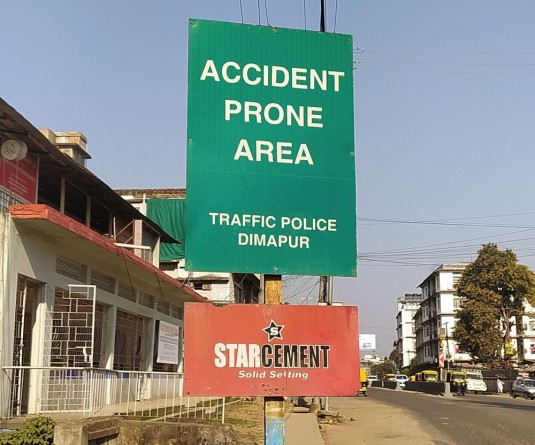
Rev. Dr. Ellen Konyak Jamir
A systemic perspective involves understanding the human condition, the relatedness of human beings with each other, and the physical and contextual world in which they live (F.A. DiBlasio). An individual’s concern is understood by accounting for social and environmental influences. What one does, affects the other and vice versa.
Over the years of existence as a people group, the Nagas have come a long way, with evidence of progress in many areas. For instance, the younger generation is making a niche in various fields, working in and traveling to many parts of the world. Urban towns and cities appear to grow in terms of large buildings sprouting up everywhere. Businesses that were once non-existent have come up. However, when we look deeply into our society and talk about issues, there is negativity, hopelessness, and apathy. Political unrest and poor governance affect ordinary people on many levels. Amidst all this, our “growth” and our wellbeing seem to be disconnected. Among the many entities that have been affected by this dysfunctional system, directly or indirectly, is the family system.
Our present family system is flawed with inadequacies, non conducive to healthy growth or nurturance of healthy relationships. There are many ‘stressors’ that affect relationships and human development. For example, an 18 year old once said that he was abusing alcohol, and suffering in school and family functions. His parents’ perception was that they were giving him the best education they could. Yet the child’s lived experience reflected other realities. He found no meaning in daily activities. He felt disconnected from his present reality. Apart from a few fortunate groups of people, a majority of Naga families are living hand-to-mouth, hoping for something new, something better. Pervasive uncertainty gives rise to fear and anxiety among many adults, which adversely affects younger people. While the focus is on meeting the physical or immediate needs of the people, there seems to be lack of care for the individual’s emotional, spiritual, and psychological health. Individual problems are trivialized in the face of larger systemic problems in our society.
On the other hand, our society is not informed enough to cater to the needs of the people. Going to a counselor or a mental health professional is the least desirable option sought by people mainly due to stigmatization or ignorance. Our society being communal and family-oriented, these relations are often the source of help and encouragement but also, at times, discouragement. Just as there is need for collective reasoning and healing, there is even greater need for individual soul searching and nurturing family relationships that allow individuals to build their self-concept in a way they find meaning in life and the vocation they are engaged in. Exploring our internalized issues and hopes in a healthy way is a need. There are many dormant issues such as loss, grief, and anger, which emerge out of sadness, frustration, and hopelessness. These emotions need a safe space to be expressed, and understood. Family is the bedrock of a society and Nagas need to provide proper and effective attention to the crucible of our family system.
This is part of a series of ‘Guest Editorials’ run by The Morung Express. Comments can be sent to ellenkonyak@yahoo.co.in



